Inventions and Technological Advances
Dismygyansow hag avonsyansow teknegiethel
Spurred on by the promise of great riches and the rigours of intellectual rivalry, the engineers and inventors who stepped up to the challenges of mining in Cornwall helped shape the modern world.
Discover centuries of Cornish innovation
Inventions and Technological Advances
Explore this section
Early Mining Methods
When ore deposits at the surface or from shallow mines started to run out, miners needed to dig deeper underground to follow the rich, near-vertical mineral lodes that had formed millions of years ago along cracks or fissures in the rock.
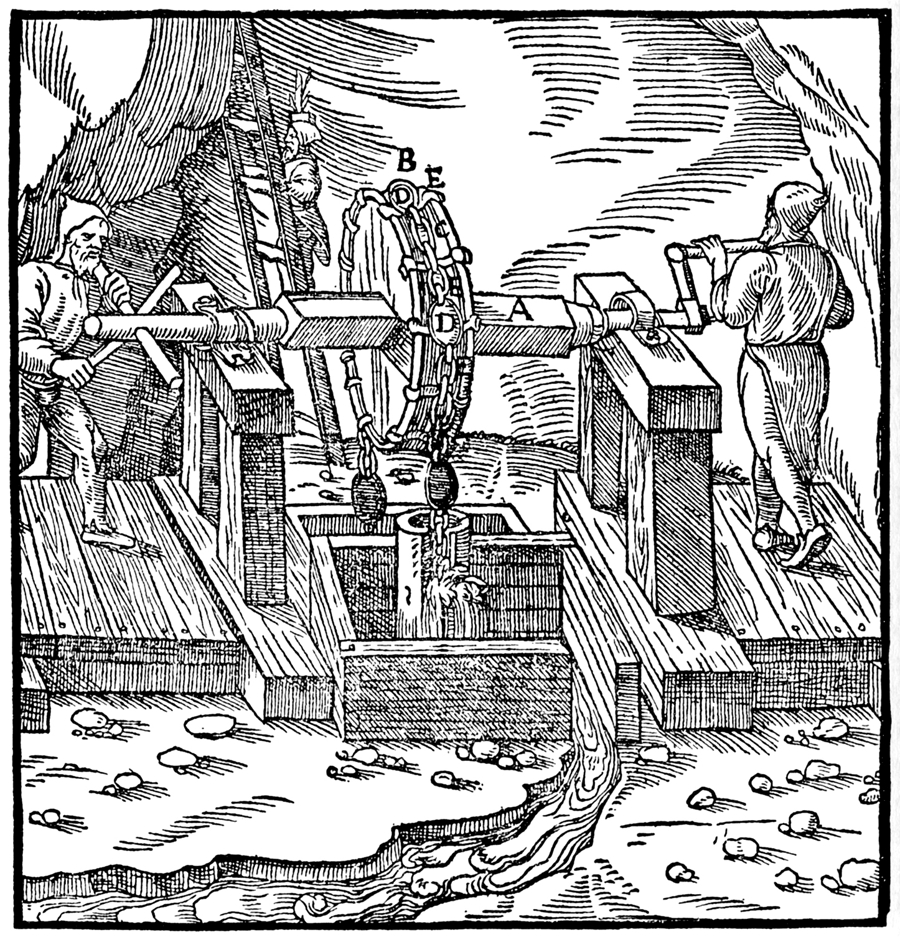
Drainage Adits
Adits are long, slightly sloping tunnels created to drain water from mines by gravity; lowering the natural water table and shortening the distance water had to be brought up from below. Adits driven from the lowest suitable points were widely used in Cornish mines from c. 1700 onwards.
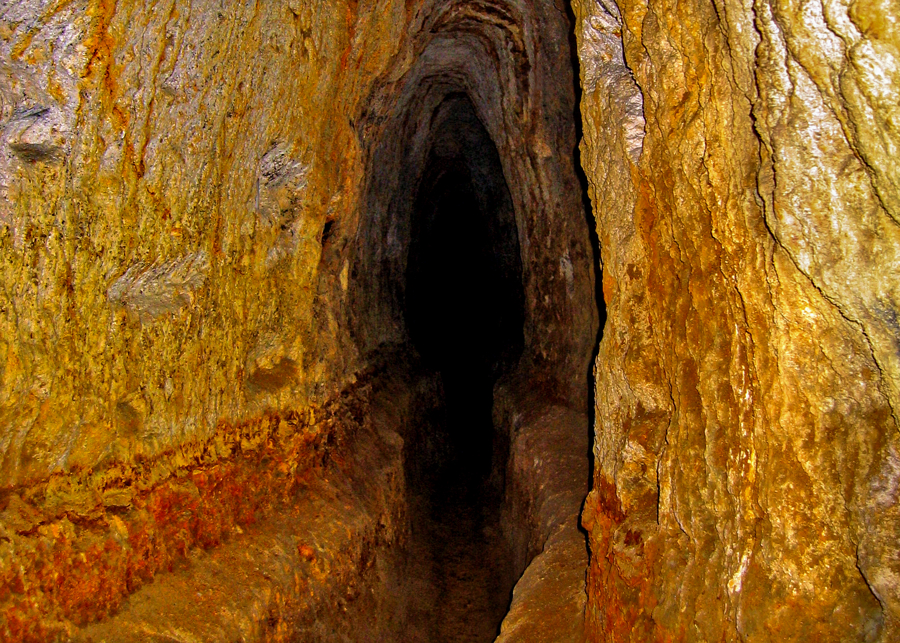
Camborne School of Mines
Camborne School of Mines began life in 1896, at a time when the mining industry saw the need for well instructed mineworkers with both theoretical and practical skills to improve the efficiency of the mining process.
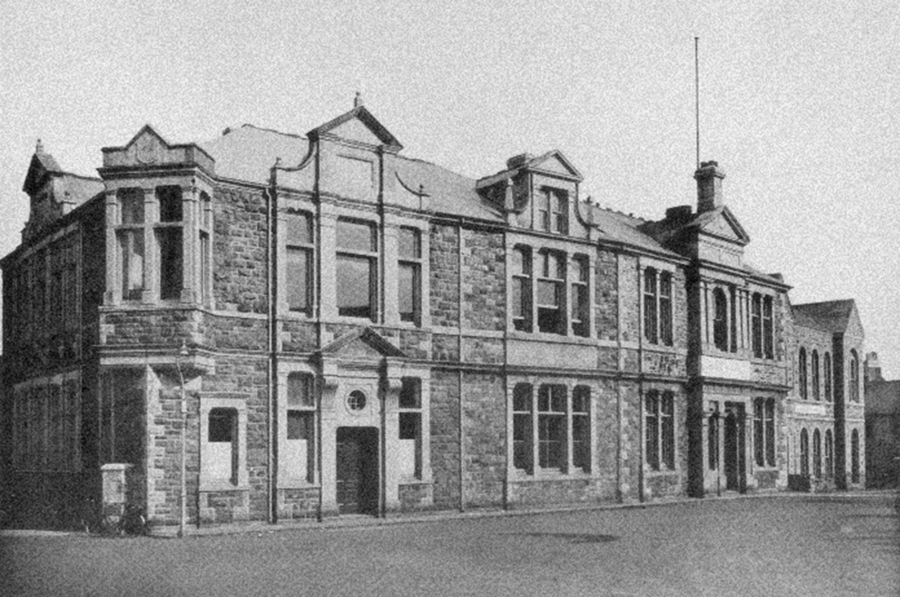
Water Power and Usage
Water power was used from the very early days of Cornish mining to help run equipment that removed water from mine workings. As the industry developed, so did the innovations for making the most of this natural commodity.
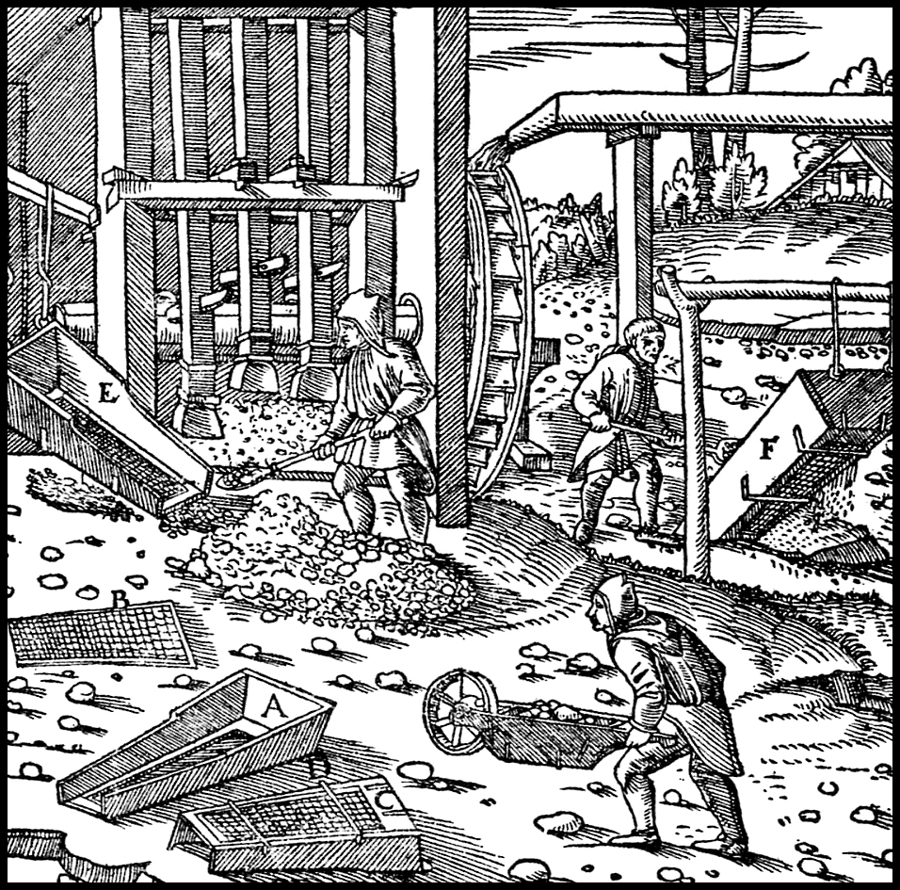
Engines and Steam Technologies
More than any other innovations in mining history, it was the landmark technical advances in steam pumping that marked the formative period of the Industrial Revolution in Cornwall and west Devon.
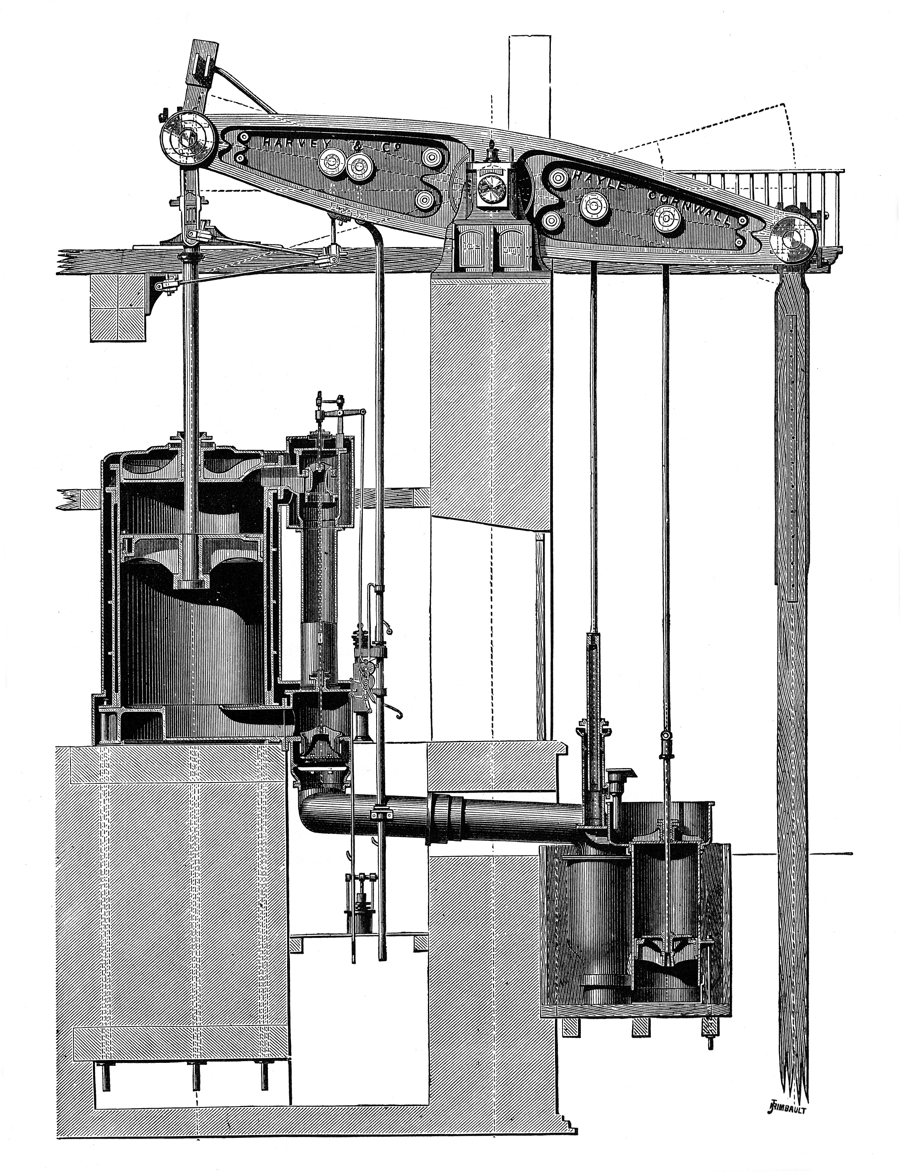
Explosives and the Safety Fuse
Blasting in mines was extremely dangerous. Holes were drilled by hand, a charge of gunpowder inserted, tamped, and a fuse lit to fire the hole.
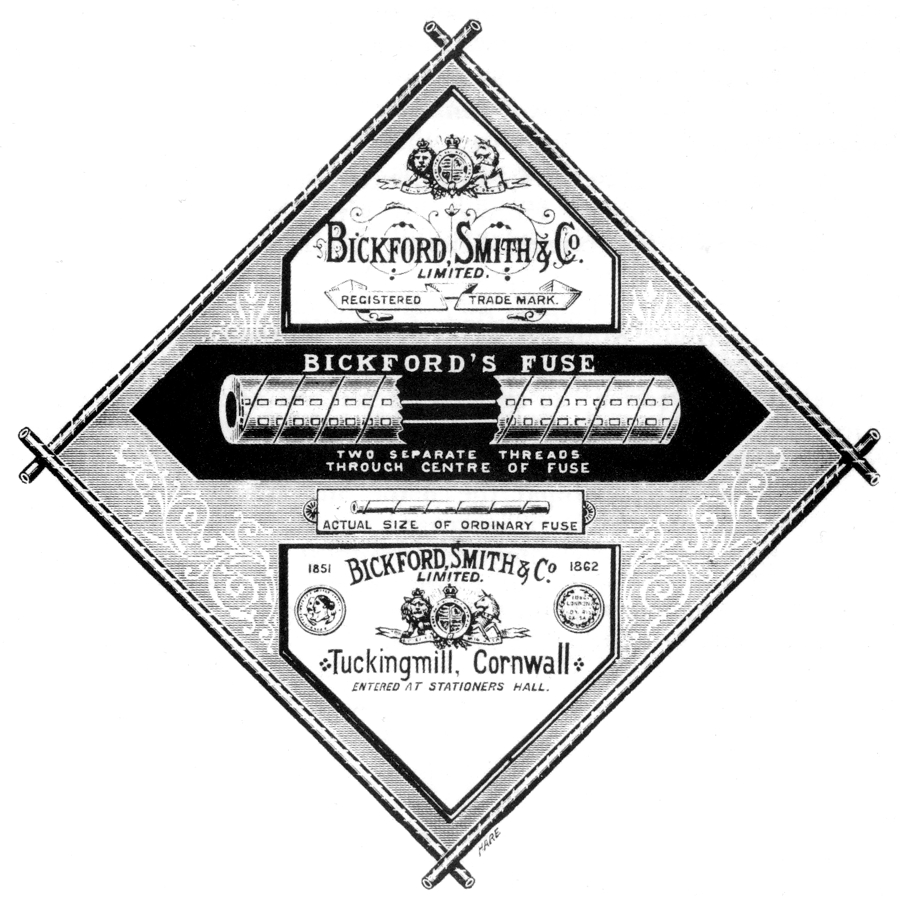
Drills
A high-pressure steam rock-boring engine, which also lifted and loaded the stone for transport, was designed by Richard Trevithick and built by Henry Harvey at his foundry in Hayle.
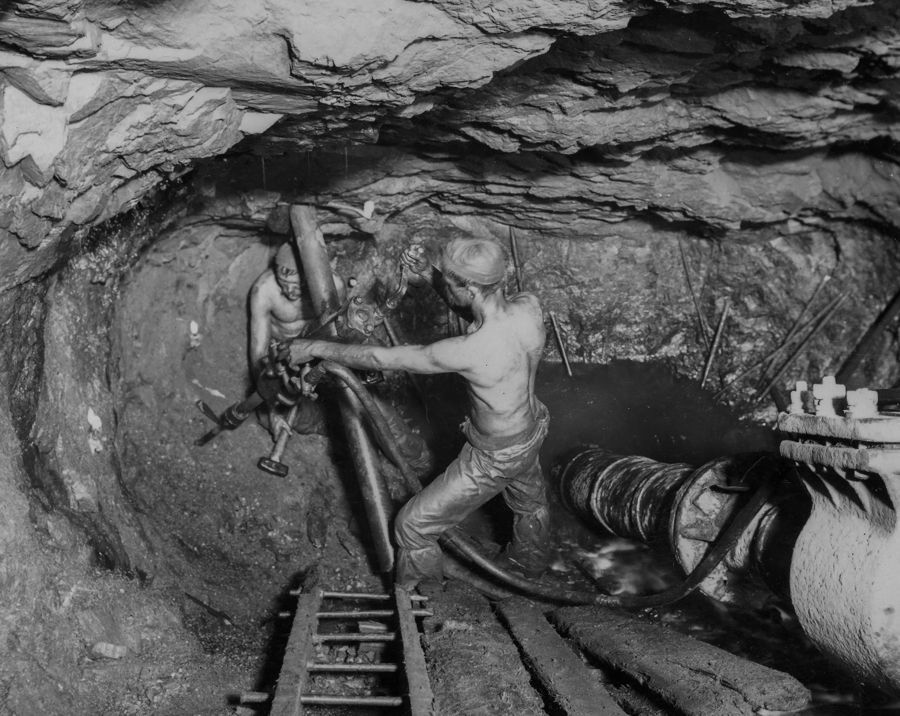
Lighting
Unlike coal mines, Cornish tin and copper mines did not usually suffer from the dangers associated with the presence of explosive gases. Candles were therefore in use well into the 20th century, when they were replaced by acetylene gas and later electric lamps.
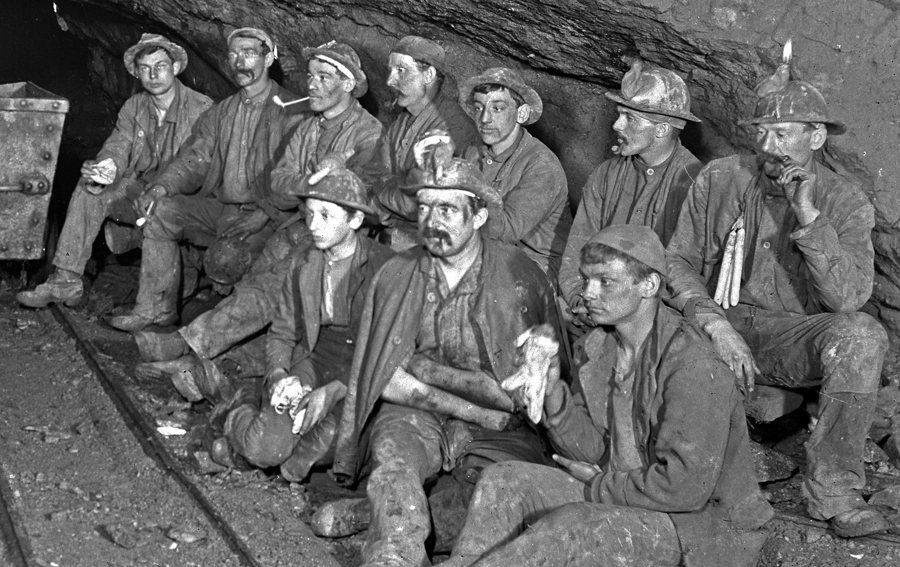
Inventors and Innovators
In its mining heyday Cornwall was a centre of world-changing innovation and engineering. A number of leading minds worked long hours to pioneer solutions for some of the greatest problems of the day.
